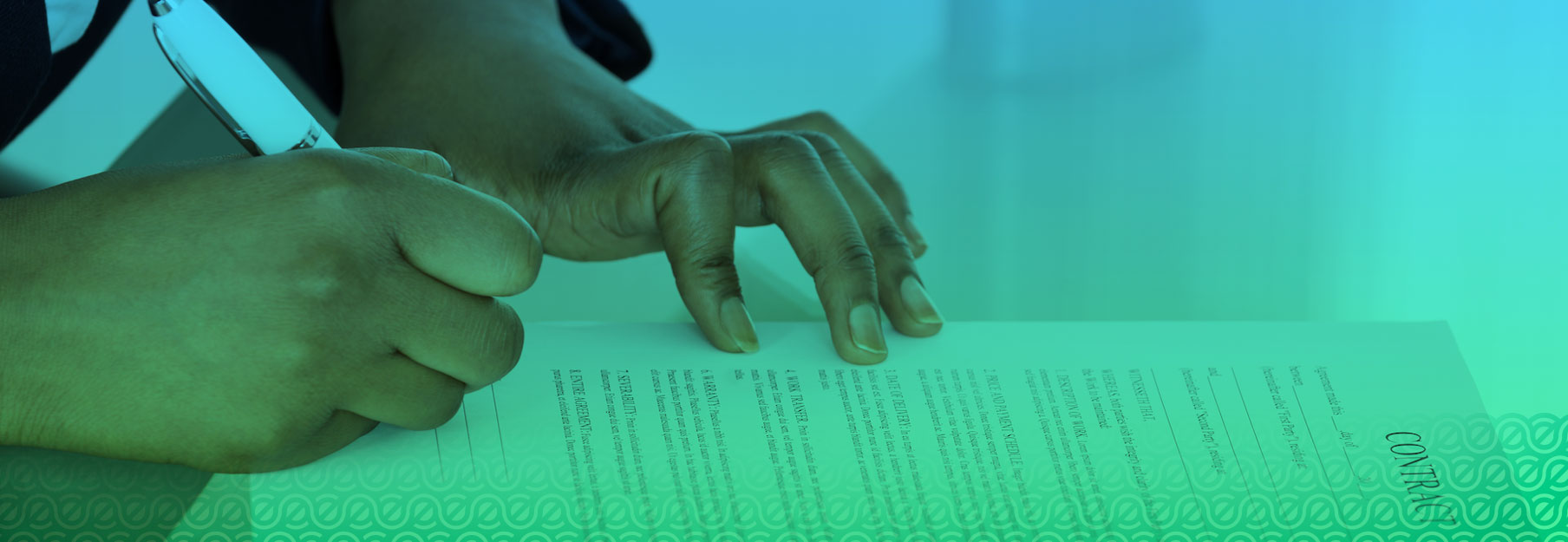- Contrato de trabalho e contrato a termo
- Período experimental
- Cessação do contrato de trabalho
- Suspensão do contrato de trabalho
- Retribuição
- Férias, feriados e faltas
- Duração do trabalho
- Local de trabalho
- Proteção na parentalidade
- Igualdade de direitos
- Acidentes de trabalho e doenças profissionais
- Regime trabalhador-estudante
- Trabalho temporário
A informação constante nesta página não dispensa a consulta do Código de Trabalho e da Legislação Laboral em vigor.
Os conteúdos aqui presentes podem sofrer alterações a qualquer momento, em caso de dúvida, procure aconselhamento jurídico junto de um profissional especializado.
